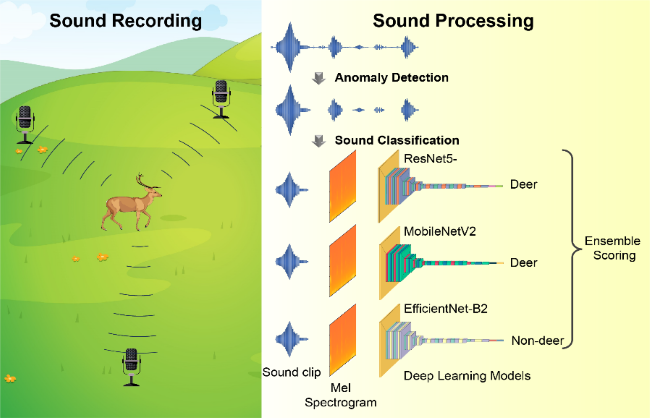2024-11-13 カナダ・ブリティッシュコロンビア大学(UBC)
<関連情報>
- https://news.ubc.ca/2024/11/how-to-reduce-social-media-stress/
- https://psycnet.apa.org/fulltext/2025-42103-001.html
ログアウトか、寄り添うか?幸福感を高めるソーシャルメディア戦略 Logging Out or Leaning In? Social Media Strategies for Enhancing Well-Being
Amori Yee Mikami, Adri Khalis, Vasileia Karasavva
Journal of Experimental Psychology:General Accepted: August 4, 2024
DOI:https://doi.org/10.1037/xge0001668

Abstract
Social media use is endemic among emerging adults, raising concerns that this trend may harm users. We tested whether reducing the quantity of social media use, relative to improving the way users engage with social media, benefits psychological well-being. Participants were 393 social media users (ages 17–29) in Canada, with elevated psychopathology symptoms, who perceived social media to negatively impact their life somewhat. They were randomized to either (a) assistance to engage with social media in a way to enhance connectedness (tutorial), (b) encouragement to abstain from social media (abstinence), or (c) no instructions to change behavior (control). Participants’ social media behaviors were self-reported and tracked using phone screen time apps while well-being was self-reported, over four timepoints (6 weeks in total). Results suggested that the tutorial and abstinence groups, relative to control, reduced their quantity of social media use and the amount of social comparisons they made on social media, with abstinence being the most effective. Tutorial was the only condition to reduce participants’ fear of missing out and loneliness, and abstinence was the only condition to reduce internalizing symptoms, relative to control. No condition differences emerged in eating pathology or the tendency to make social comparisons in an upward direction. Changes in social media behaviors mediated the effects of abstinence (but not of tutorial) on well-being outcomes. Participant engagement and perceptions of helpfulness were acceptable, but the abstinence group possibly perceived the content as less helpful. In conclusion, using social media differently and abstaining from social media may each benefit well-being.

